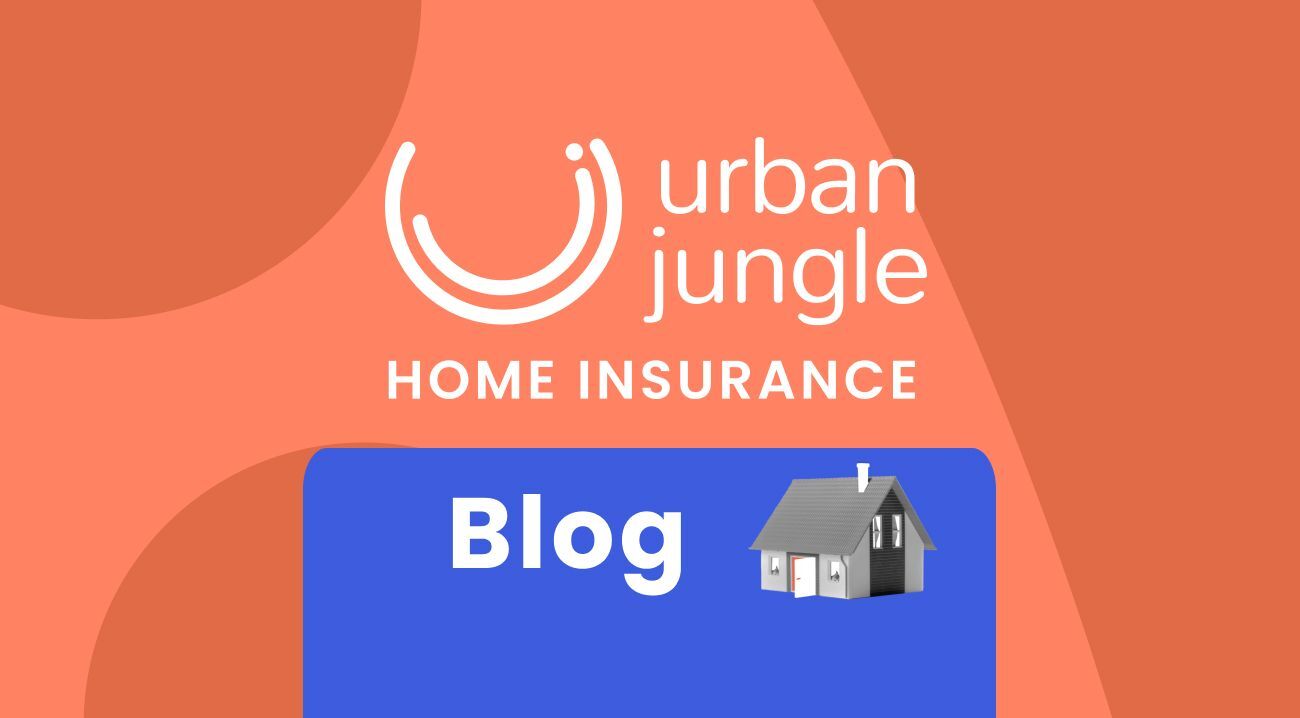What is an interest only mortgage?

What is an interest only mortgage?
There are two main types of mortgage: repayment and interest-only.
A repayment mortgage is what you might consider to be a ‘classic’ mortgage. You and your mortgage provider agree on a repayment term, for example 25 years, and you pay off a little bit of your mortgage each month, plus interest. If you make all your payments, you will have paid off your entire mortgage at the end of 25 years.
An interest-only mortgage is a little different. You still agree on a repayment term with your mortgage provider, but your monthly payments only cover the interest on the mortgage. At the end of your mortgage term you still need to repay the loan, usually as a lump sum.
Pros and cons of an interest-only mortgage
Deciding whether an interest-only mortgage is right for you isn’t always easy. Here are a few things to consider:
Benefits of interest-only mortgages:
- Lower monthly repayments - Only paying the interest on your mortgage means you’ll have much lower monthly repayments.
- Useful for buy-to-let landlords - Landlords can either transfer the savings on their mortgage repayments to their tenants, or reinvest their profits to make sure they can pay off the loan at the end of the mortgage term.
- Invest your savings - Lower monthly payments allow you to invest your savings in adding value to the property or your repayment vehicle.
- Get on the property ladder - If you are expecting to come into enough money to pay off your mortgage, but won’t receive it for a few years, income-only mortgages can help you to get started affordably.
If you’re wondering how to find out what your monthly repayments might cost you, you can check out our blog ‘What is a mortgage illustration?’
Disadvantages of interest-only mortgages
- Can be more expensive overall - With interest-only mortgages you don’t pay off any of your loan as you go. This means your payments will stay the same for the whole mortgage term, rather than steadily going down as with a repayment mortgage.
- Managing your repayment vehicle - Most mortgage providers will ask you to provide proof that you are making investments that will help you pay off your mortgage at the end of your term (this is known as the repayment vehicle).
- Can be risky - With an interest-only loan, the mortgage provider leaves it to you to make sure you can pay off your loan. You’ll need to maintain your repayment vehicle, or you may have to sell your house to pay off your mortgage.
How can I get an interest-only mortgage?
If you think an interest-only mortgage is right for you, getting one follows many of the same processes as getting a repayment mortgage, with some exceptions. Other than the usual affordability checks, mortgage providers might have a few more requirements.
For example, Barclays asks for a minimum income of £75,000 and proof of a repayment vehicle. This usually will need to come with projections that show your repayment vehicle will be worth enough to pay off the loan at the end of your mortgage term. Barclays also set the deposit amount when you apply for an interest-only mortgage, rather than you deciding.
You can talk to a mortgage broker or directly with a mortgage provider to see what your options are and what requirements they might have.
If you’re trying to get a mortgage and you’re wondering what might hold you up, you can check out our blog ‘What stops you getting a mortgage?’
How do I pay off an interest-only mortgage?
There are a few different things you can do to make sure you can pay off your interest-only mortgage at the end of your mortgage term:
- Set up a strong repayment vehicle - Secure, reliable, long-term investments can be used to pay off your mortgage at the end of your term. Talking to a financial adviser and putting an investment plan in place is a good place to start.
- Switch to a repayment mortgage - If you change your mind, your mortgage provider might let you switch to a repayment mortgage part way through your mortgage term. Your monthly payments will increase but you won’t be left with a lump sum to pay off at the end of your mortgage term.
- Make overpayments - Your mortgage provider may allow you to make regular overpayments on your mortgage to reduce the size of your loan (and your monthly payments). Though your mortgage provider may impose charges for making overpayments, so it’s worth checking with them before you make any big decisions.
If you’re wondering what comes next in the mortgage process, you can check out our blog ‘What is a mortgage deed?’.
What happens if I can’t pay off my interest-only mortgage?
If you get towards the end of your mortgage term on an interest-only mortgage and you don’t think you’ll be able to pay off the loan, you have a few options
- Extend your mortgage term - You might be able to ask your mortgage provider to extend your mortgage term and postpone your repayment date. This can give you more time to find the money, or switch to a repayment mortgage to pay it off little by little.
- Remortgage with a different mortgage provider - Depending on your income, credit score, and your age, you might be able to remortgage with a different mortgage provider. This allows you to pay off your original loan, and will probably put you on a repayment mortgage so tthere won’t be same problem again.
- Release equity in your house - If you’re over 55 you might be able to look at an equity release option to pay off the lump sum without having to sell your house.
If you’re not able to pay off the rest of the mortgage at the end of the term, you may need to sell your house to cover the cost. If your house increases in value over your mortgage term, you’re still likely to make money once the loan has been paid off.
A few final tips…
As with any mortgage, deciding on an interest-only mortgage is a big financial decision and shouldn’t be taken lightly. Here are a couple of things to remember if you’re thinking about getting an interest-only mortgage:
- Compare your mortgage options to make sure you find a mortgage and a provider that works best for you, as their requirements can vary.
- Setting up a reliable repayment vehicle will help make sure you can pay off the lump sum at the end of the mortgage term. A financial adviser can help you manage your risks and keep a close eye on your investments.
Urban Jungle is not a financial advisor and information in this article should not be taken as advice or recommendation.





